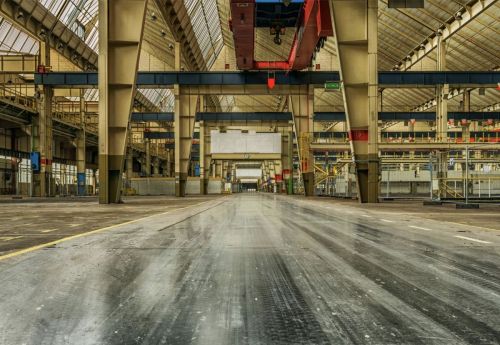Ross Shuster, international operations president, UTC Climate, Controls & Security: People know intuitively that if they are in a building that’s too dark or too warm or there’s not enough fresh air that they don’t feel good and that it might impact how they think and work. But the real challenge is to prove that correlation and show how investing in improved indoor conditions translates into actual monetary value. Harvard University, with primary support from United Technologies, has carried out two studies – the first in a lab environment, the second in actual buildings – looking at the impact of different environmental conditions upon cognitive function as well as health. They found that increased ventilation, lower levels of CO2, lower levels of volatile organic compounds and a more controlled thermal comfort zone have a significant impact on people’s cognitive functions.
Did the study compare old or obsolete buildings with very poor conditions with the most modern one





























































